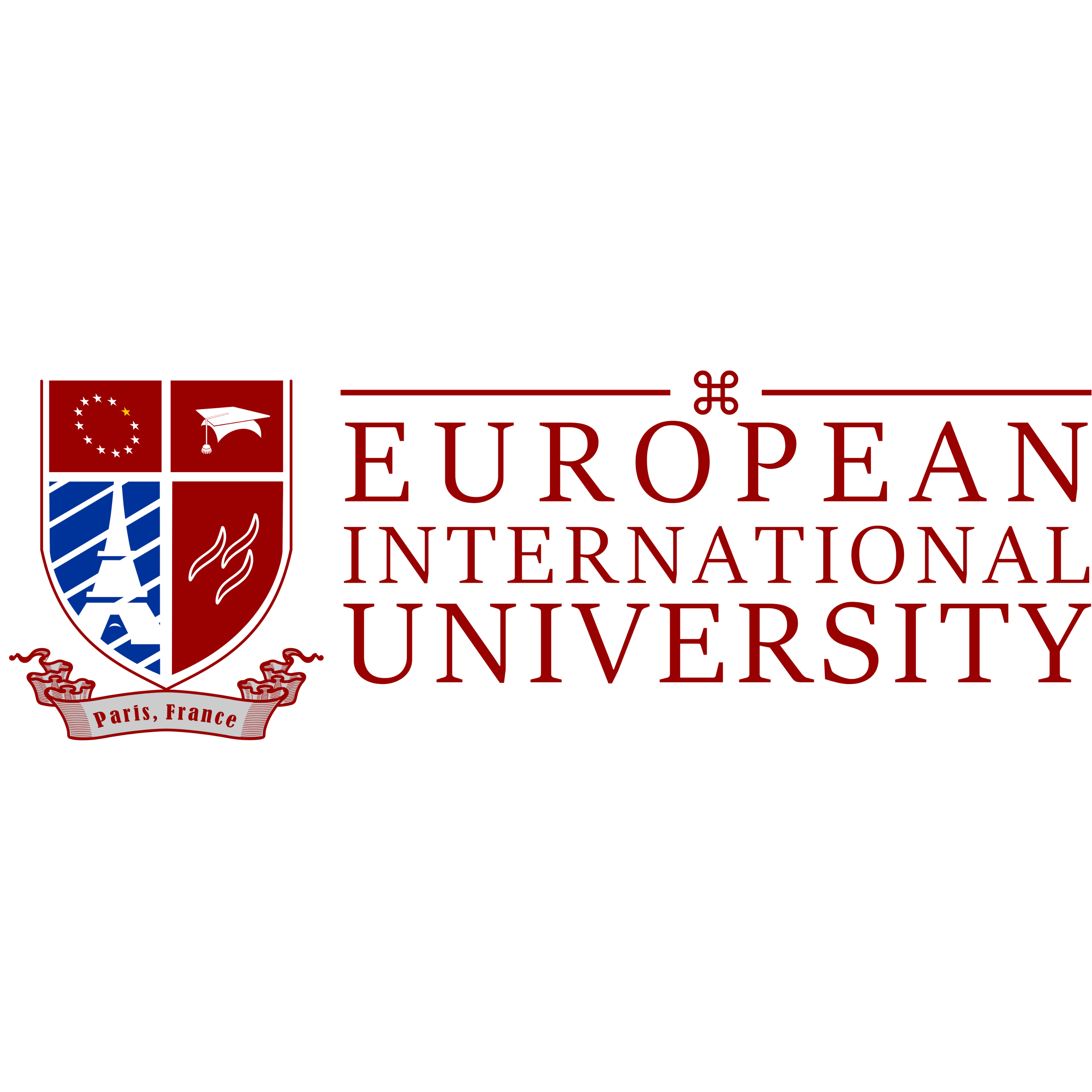
A Doctor in Crises and Disasters is an advanced research degree aimed at developing experts capable of addressing complex challenges posed by natural disasters, pandemics, technological failures, and socio-political crises. This program combines interdisciplinary knowledge from fields such as emergency management, public policy, environmental science, sociology, and communication to equip candidates with comprehensive skills for effective disaster risk reduction and response.
Doctoral candidates undertake original research to understand the causes, dynamics, and impacts of crises and disasters on communities and infrastructure. They explore risk assessment techniques, crisis management frameworks, humanitarian logistics, and strategies for community resilience and recovery. The program emphasizes evidence-based policy development and practical solutions that enhance preparedness and reduce vulnerabilities at local, national, and global levels.
Graduates of this doctorate are prepared for leadership roles in government agencies, international organizations, non-profits, academia, and private sectors involved in disaster management and humanitarian aid. Their expertise helps shape policies, improve emergency response systems, and educate communities to better withstand and recover from crises.
By producing rigorous research and innovative approaches, Doctor in Crises and Disasters holders contribute to saving lives, protecting resources, and promoting sustainable development in an increasingly uncertain world. The degree represents a commitment to advancing knowledge and practice in one of the most critical fields for global safety and well-being.